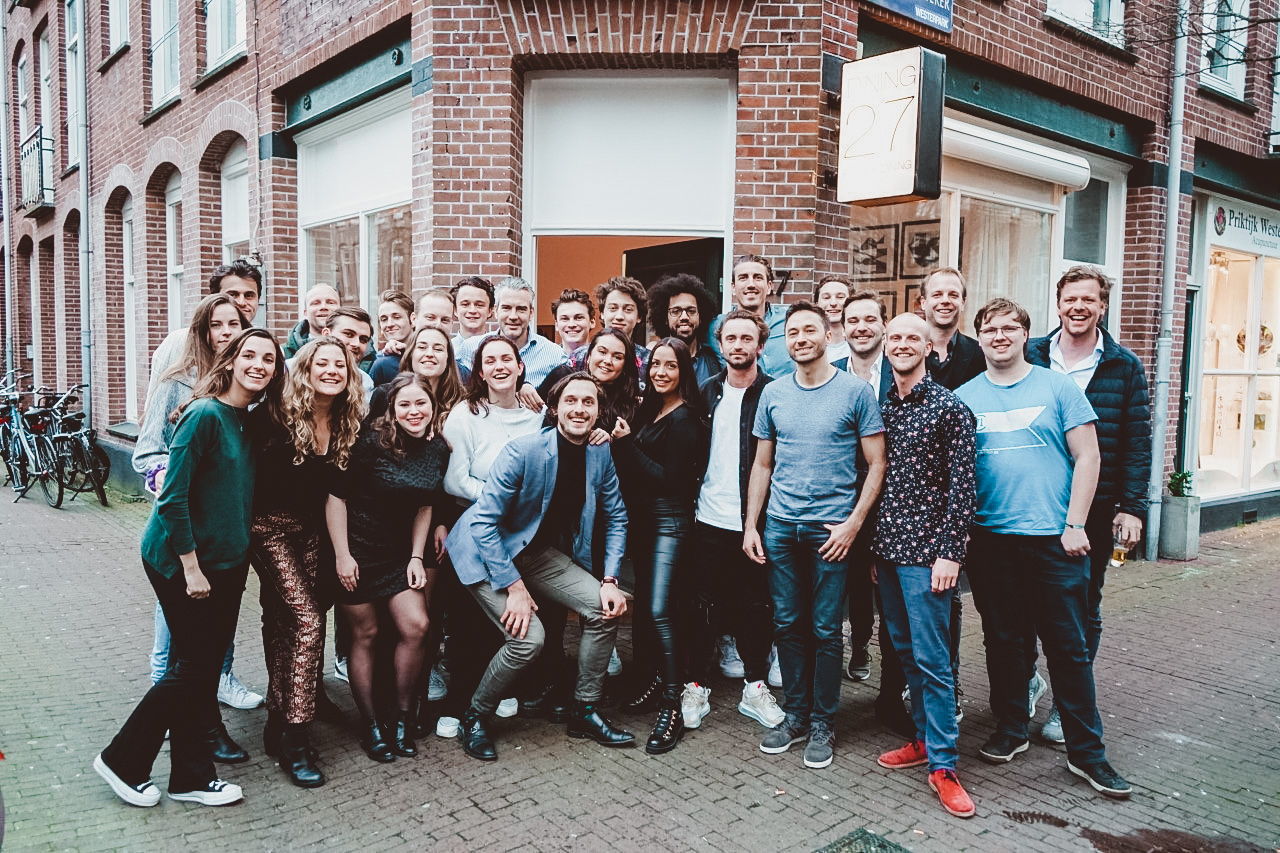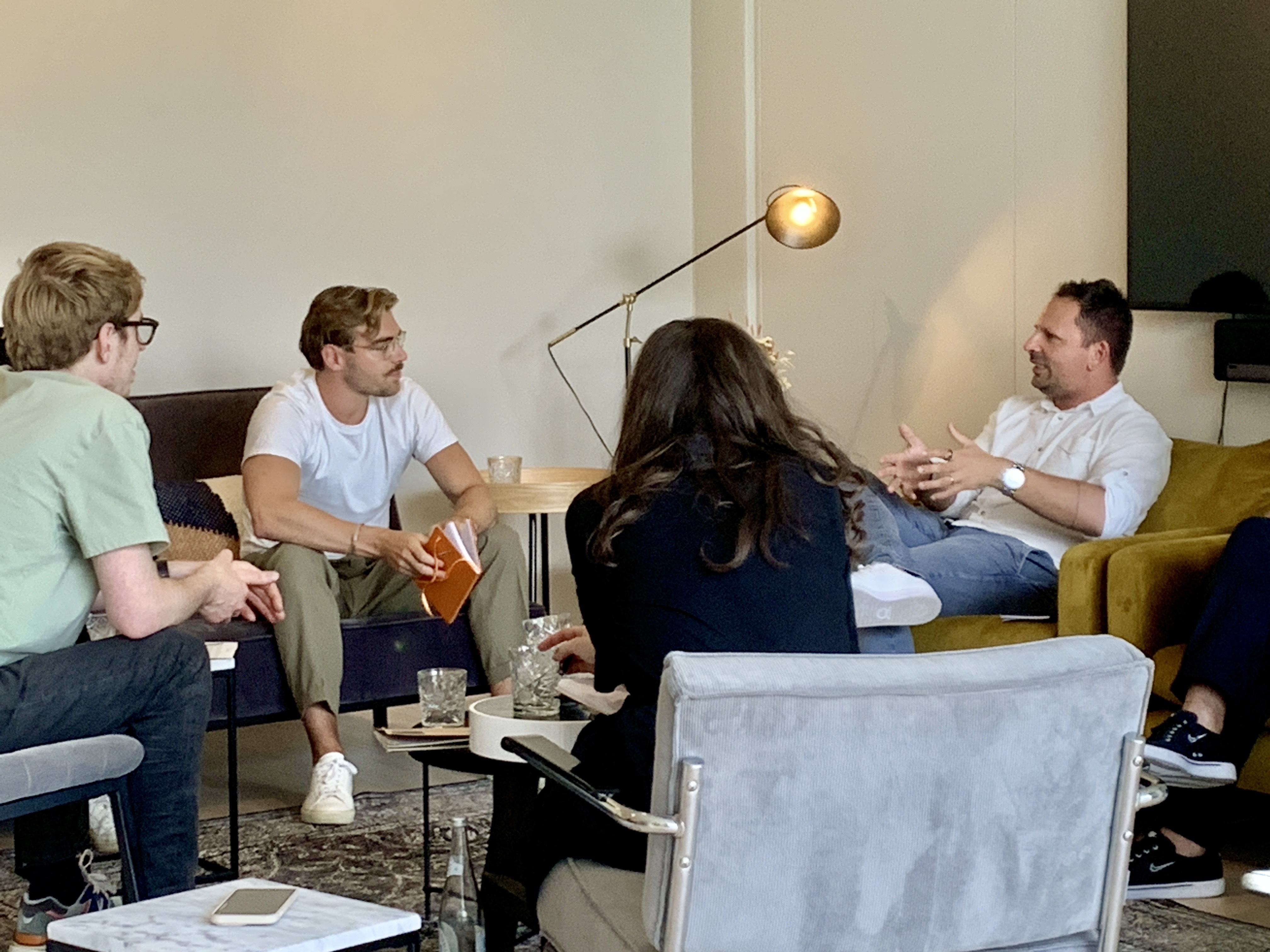On day one, lensdeal.nl pushed a deal to Groupon offering discounted contact lenses; they sold 500 packages – a total order value of around 30,000 euros. ‘And then the misery started!’ Rick shakes his head. ‘We had made so many promises. We made a 24-hour delivery promise. We had a free return promise. We had a 24/7 support desk, which was just our work mobile phones at Price Waterhouse Cooper! And we were sending it all ourselves, so of course, we made mistakes. People were returning their orders, complaining because they received the wrong product.’ To make things worse, a mistake on the VAT calculations meant that Rick was making a 21% loss on all his sales through Groupon. ‘It was a pretty bad mistake for a tax lawyer,’ he laughs.
Despite the relative failures of the business, lensdeal.nl was an important step for Rick – lessons were learned that directly led to later successes. ‘It’s not just about product margin,’ he says. ‘With lenses, you’re dealing with a user base that hops from deal to deal – the cost of acquisition for a loyal customer is super high. We realised that if you’re going to be successful with a new business, you either have to do it on a huge scale with a lot of money, or you have to find a niche.’
It wasn’t long before that niche appeared. In October 2012, a change in Dutch legislation made it possible to incorporate a Dutch BV online – what was once a lengthy, painstaking process was suddenly simple, and accessible to almost anyone. Rick and his business partner set up another startup – Firm24 – which went live the day of the legislation change and allowed anyone to incorporate a BV. ‘Product market fit clicked straight away,’ he says. ‘We were the go-to incorporation platform from day 1 – there were no alternatives, and our sales just grew steadily every day.’
With Firm24 dominating its niche and growing fast, Rick left his job at Price Waterhouse Cooper and committed to his new startup full time. Firm24 added a variety of new services to the business and sourced the work out to external service providers. ‘We were just a connection platform that handles the technology,’ Rick explains. ‘When we connected all these different service providers, they started asking questions about how to securely share their data. We had already been getting into blockchain technology and we thought if we need to share this data in a GDPR-compliant way, why not create our own blockchain company? That was the birth of LTO Network.’









